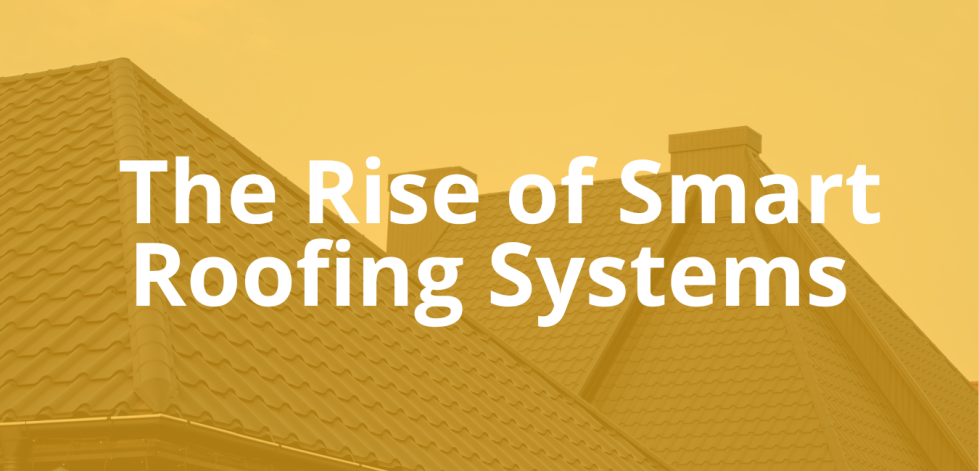In the ever-evolving landscape of commercial roofing, a revolution is underway, heralded by the rise of smart roofing systems. This innovative leap forwards is not just about protecting buildings from the elements; it’s about transforming roofs into intelligent assets that enhance building efficiency, reduce operational costs, and significantly increase the lifespan of roofing investments.
At the heart of this transformation are smart roofs, which leverage a combination of advanced materials, sensors, and Internet of Things (IoT) technology to offer unprecedented control and insight into a building’s health and performance. These systems can detect leaks early, monitor energy usage, and even predict potential failures before they become costly repairs. For businesses, the implications are profound, offering a pathway to drastically lower energy bills, reduce maintenance costs, and ensure their premises remain safe and functional with minimal downtime.
One of the key components of smart roofing systems is the integration of sensors and IoT devices. These sensors can monitor a wide range of parameters, including temperature, moisture levels, and structural integrity. By analyzing this data, building owners and managers can gain real-time insights into the condition of their roofs. This enables proactive maintenance, where issues can be addressed long before they escalate into significant problems. For instance, a smart roof can alert facility managers to a minor leak, allowing for immediate action that prevents water damage to the building’s interior and inventory.
Moreover, the use of drones and robots for roof inspections and installations is redefining efficiency and safety in commercial roofing. Drones equipped with high-resolution cameras and thermal imaging can conduct thorough inspections of vast roof areas in a fraction of the time it would take a human team. This not only speeds up the inspection process but also removes the risk of falls and injuries, making roof maintenance safer and more cost-effective. Robots, on the other hand, are being used to perform precise installations and repairs, ensuring consistent quality while reducing labor costs.
The energy management capabilities of smart roofs are particularly compelling for businesses looking to reduce their carbon footprint and operational expenses. Through integrated solar panels and materials designed to reflect more sunlight, smart roofs can significantly reduce a building’s cooling needs. Additionally, with the ability to monitor and manage energy consumption in real-time, businesses can optimize their energy use, tapping into renewable sources and reducing reliance on the grid.
The financial benefits of adopting smart roofing systems are substantial. By minimizing energy consumption, enhancing maintenance efficiency, and extending the lifespan of roofing materials, businesses can see a significant reduction in operational costs. Furthermore, the environmental benefits of such systems contribute to a business’s sustainability goals, a factor increasingly important to consumers, investors, and regulatory bodies.
In conclusion, the rise of smart roofing systems represents a significant leap forward in commercial building management. By harnessing technology to make roofs more than just a protective covering, businesses can enjoy reduced costs, improved safety, and enhanced sustainability. As we look to the future, the integration of smart technologies in roofing is set to become the standard, offering a smarter, safer, and more sustainable way to manage commercial properties.
